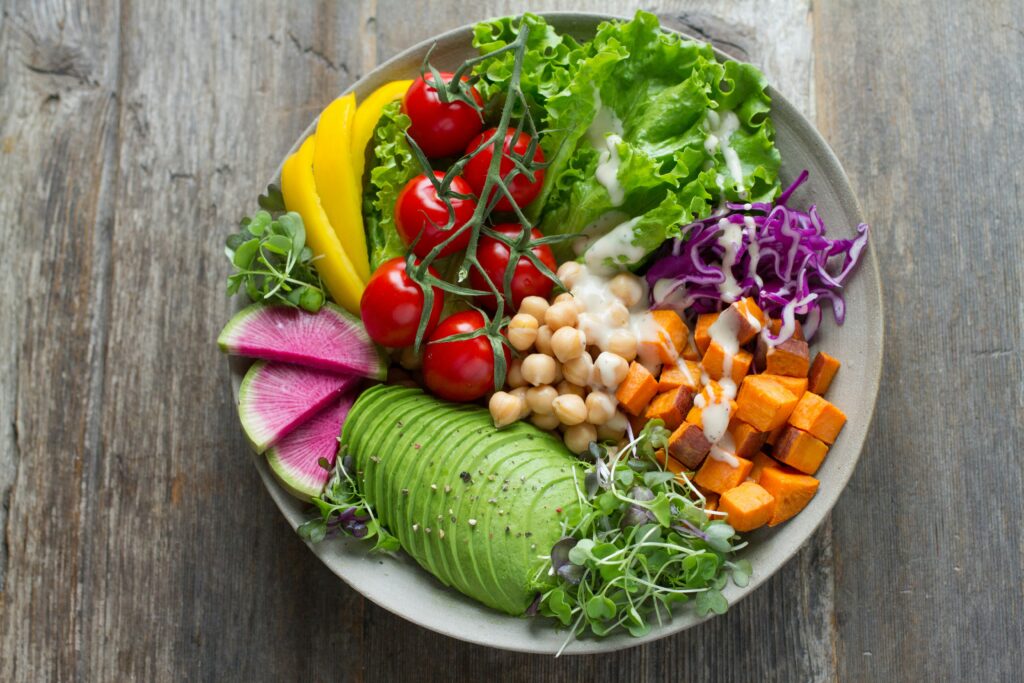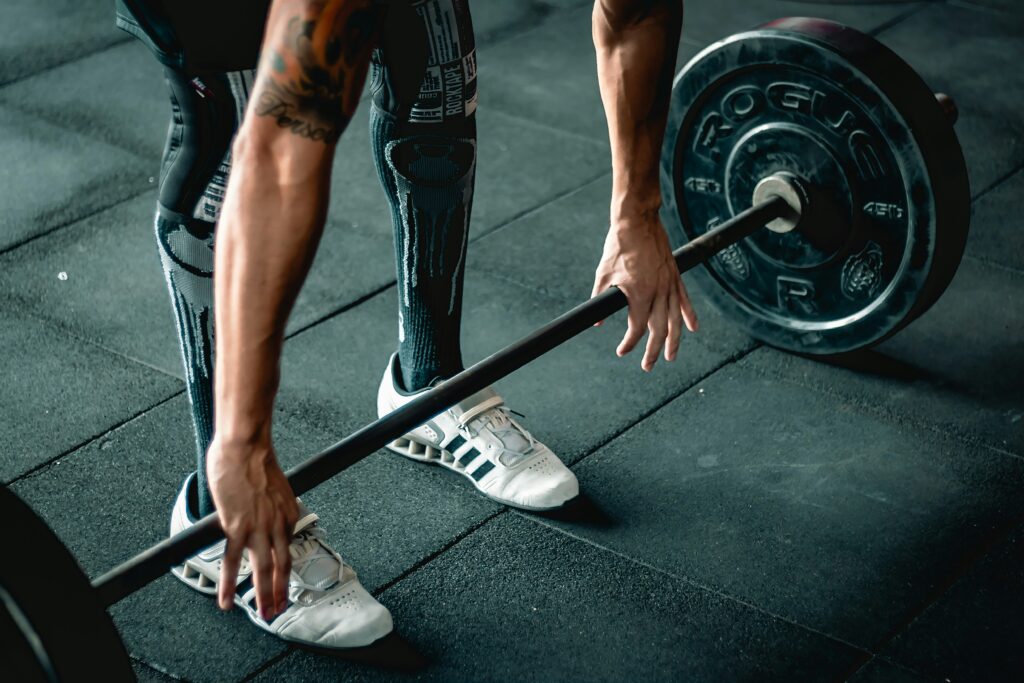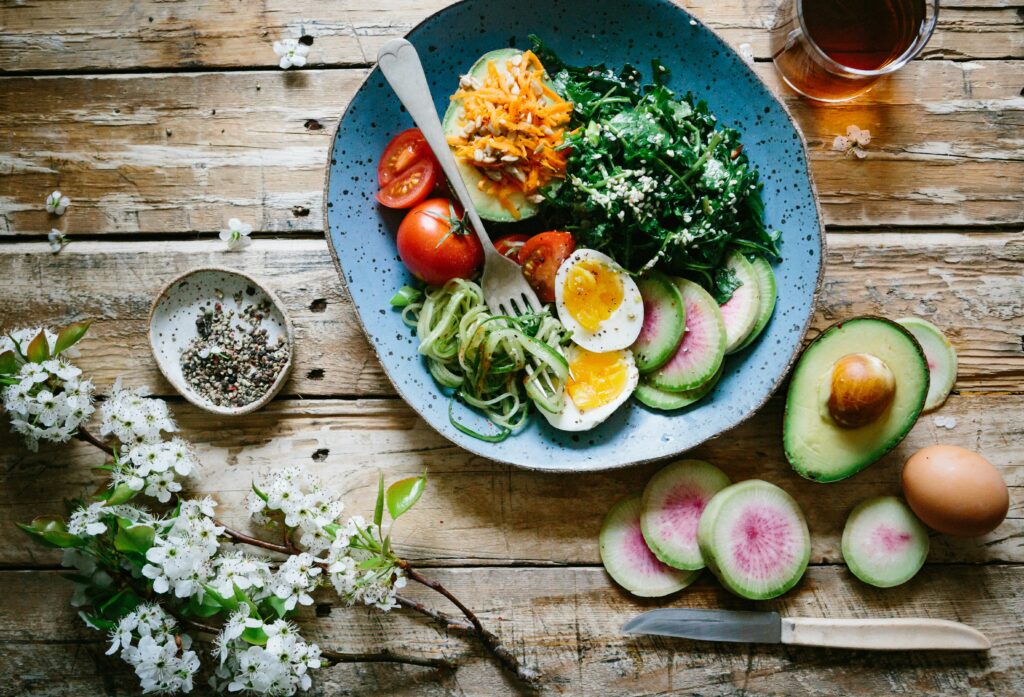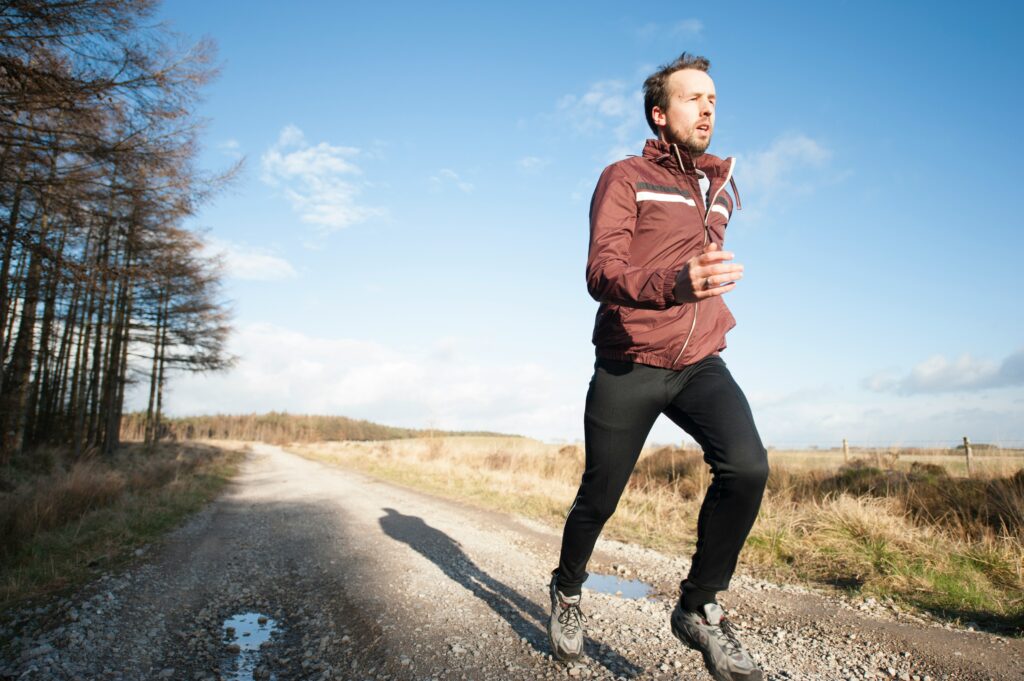
Eating isn’t just about getting energy, it’s about fueling our bodies, and for what? For better performance, faster recovery, and long-term endurance.
If you are an athlete or aspiring to be one, this is significant for you.
While we all know the rigorous training of athletes, nutrition is often less discussed. But if you are interested in finding out, we are here to help. Let’s talk about the major nutrition needs like macros and how to balance them in your diet.
Macros, What are they and why do They Matter?

The macronutrients, that is, carbohydrates, proteins, and fats, are undoubtedly a great source for energy production. Not focusing on them might lead to muscle injury. These nutrients, along with physical training and exercise, help you build a higher threshold for the pain.
It definitely plays a big role, so you should:
- Eat a bunch of complex carbs like whole grains, fruits, vegetables, and legumes.
- Add protein to your food by eating lean meats, fish, eggs, dairy, beans, and even soy products.
- Don’t forget about healthy fats; eat foods like nuts, seeds, and avocados.
Just like the macro, micro nutrients also play a big role in a person’s overall health. So, the key is to have a nutritious diet.
How Can You Stay Fueled Just Like Athletes

There is no hard and fast rule, some key considerations which is needed, and you are ready to go.
- Hydration is the key.
Dehydration can kill your body cells. Everyone sweats during exercise, but how much the person can sweat varies.
Mainly, it depends on things like:
- How hard are you working out
- The temperature
- Your genetics
So, that’s why you have to stay on top of your fluid intake to prevent dehydration.
- Protein More Than Needed
There is a common misconception that protein is just for bodybuilders. Yes, it is important as it helps build and repair tissues, but it is also significant for a common individual.
When your body goes through rigorous work, your muscle fibers can tear up slightly, and then protein molecules come into action and help them up.
Most of the time, workout freaks take protein lightly as they think the main source of energy is carbs and fats. But who is the saviour when in the longer and intense sessions?
Here are some easy-to-go protein sources.
- Turkey (100g)
- Steak (75g)
- Salmon (100g)
- Halloumi (50g)
- Greek Yogurt (200g)
- Quorn (1/3 of a bag)
- Chickpeas (½ tin)
- Quinoa (¼ cup uncooked)
- Soy Milk (300ml)
- Eggs
- Mozzarella (¼ ball)
- The Need for Healthy Fat
Why are fats essential for athletes?
Firstly, they help absorb key vitamins like A, D, E, and K. Secondly, Fats also play a big role in hormone production; they create hormones that support muscle growth and recovery, just like testosterone and cortisol.
Above all, healthy fats protect cells by keeping the walls around them strong. If you add enough good fats to your diet, it will improve performance and recovery.
These foods are super rich with healthy fats:
- Extra virgin olive oil
- Cashews
- Tahini
- Almonds
- Fatty fish (e.g., salmon, mackerel)
- Rice bran oil
- Soybeans
- Walnuts
- Brazil nuts
- Peanuts
- Avocados
- Flaxseeds
- Efficient Performance Through Carbohydrates
Coming back to all those who want to:
- Do their best
- Recover well
- Improve body
- Have lasting results
They are not allowed to follow the latest diet trends. To do well and recover properly, they need to keep their muscles full of energy by regularly refilling their glycogen stores.
Meal Timing And Frequency

If you are an athlete, here are certain meal timing and frequency that you should consider.
- Pre-Game Meals
What you eat before a game or event can affect how well you do out there. You can have a meal that gives you plenty of carbs for quick energy, some protein to support your muscles, and keep it low in fat and fiber so your stomach feels comfortable.
Think simple and tasty, just like a bowl of oatmeal with fruit, a turkey sandwich, or a banana with peanut butter. You can also aim to eat this about 2 to 3 hours before you get started, so your body has time to digest and fuel up.
- Post-Workout Nutrition
After you finish exercising, your body is ready to refuel and start repairing itself.
You will Eating a good mix of carbs and protein within about 30 to 60 minutes helps your muscles recover and gives you back your energy.
Some tasty options are a smoothie with protein and fruit, yogurt topped with granola, or a chicken wrap. And remember, drinking plenty of water is just as important!
- Regular Meal Intervals
Eating regularly throughout the day keeps your energy up and helps your muscles recover better.
If you skip meals, you might start feeling tired or notice your performance drop. To stay on top of your game, try to eat something every 3 to 4 hours, whether it’s a full meal or a quick snack.
It’s all about keeping your body fueled and ready to go!
What do some of the famous athletes have to say about it?

Different athletes require different levels of strength to achieve a certain goal. So, not all have the same routines or diet. However, some common tips you can find in what they say:
- Alistair Edward Brownlee
He is a former English triathlete. He is the only athlete to have won two Olympic gold medals in individual triathlon, in 2012 and 2016.
When an interviewer asked about tips for an amateur athlete, he said: “Eat balanced. Don’t get caught up in any fad diets. Just train and eat consistently.”
- Steph Rovetti
A rugby player. Reno native Rovetti will compete in her first Olympics in Paris, having made her debut for the United States at the 2018 USA Women’s Sevens Tournament.
In one of her interviews with the BBC, she said: “For breakfast, I try and eat two eggs, breakfast potatoes, a breakfast meat, spinach and fruit. Sometimes my ‘nervous belly’ doesn’t let me eat that, so in this case, I typically bring a plain gluten-free protein cereal (KetoCrunch) and throw some berries on it. I know I can always get that down (and) that provides me with enough protein and carbs to start fueling. And of course, coffee.”
Conclusion
If you want to gain strength just like a pro athlete, then don’t leave your nutrition to chance.
You need to understand your body’s needs and have to fuel it correctly. Your every single choice will matter, even if they are complex carbs, quality protein, or healthy fats. It is not how little you are eating but how you are balancing your nutrition intake with your daily training.
So, next time you’re planning your meals, think like an athlete, because fueling your body well is a win.
Did we miss something? Let us know in the comments.

